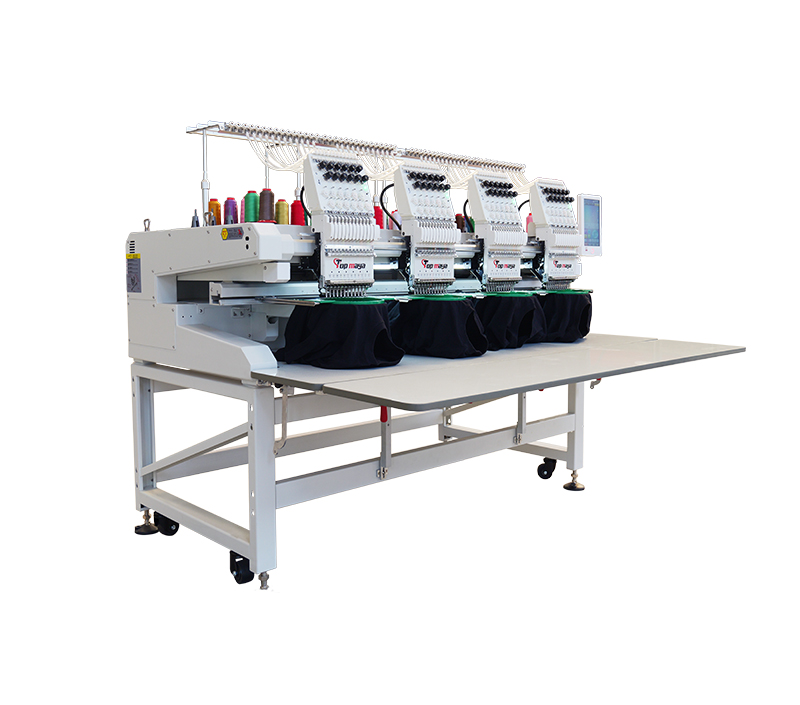How to Select the Right Aluminum Alloy Cable Custom?
With competitive price and timely delivery, Mingda sincerely hope to be your supplier and partner.
Understanding Aluminum Alloy Cable Basics
When it comes to selecting the right aluminum alloy cable for your specific needs, the first step is to understand the various properties and characteristics of different aluminum alloys. Aluminum alloy cables offer various benefits such as lightweight, flexibility, and resistance to corrosion. However, it is crucial to note that not all aluminum alloys are created equal; they differ in conductivity, mechanical strength, and thermal stability. Factors like environment, load requirements, and regulatory standards will also play significant roles in the selection process.Know Your Application Requirements
Before you delve into the specific types of aluminum alloy cables available in the market, it's essential to clearly define your application requirements. Understand the electrical load and performance criteria necessary for your project. Consider factors such as voltage, current rating, and frequency. For instance, if you are working on a high-voltage application, you'll need a cable specifically designed to handle such demands. Likewise, if the cable is to be used in a harsh environment, select options that come with protective insulation to withstand external factors.Explore Different Alloy Types
There are several aluminum alloys available for cable manufacturing, each offering unique benefits. Common types include 1350, 8000, and various wrought and cast alloys. The 1350 alloy is widely used due to its excellent conductivity, making it ideal for overhead and underground power lines. The 8000 series is suitable for applications requiring a blend of strength and conductivity, such as in transformer, wire, and cable applications. Always consult with manufacturers to determine which alloy best meets your application's specific needs.Consider Mechanical Properties
Mechanical properties are integral in determining how well an aluminum alloy cable will perform in your application. Important characteristics to examine include tensile strength, elongation, and resistance to fatigue. If your application involves a significant amount of physical stress, it may be more beneficial to choose a more robust alloy. Also, check the wire's flexibility, especially if it will need to navigate sharp bends or tight spaces. Additionally, consider how the cable will be installed—will it be exposed to high winds, vibration, or extreme temperatures?Evaluate Insulation Types
Once you've considered the alloy type and mechanical properties, the next step is evaluating the types of insulation available for your cable. Insulation protects the internal conductor from environmental factors and ensures safe operation. Common insulation materials include PVC, PE, and XLPE. Each has its own advantages and is suitable for different applications. For example, XLPE has excellent thermal properties and can withstand higher temperatures, making it suitable for high-voltage applications. Ensure that you choose an insulation type that aligns with the environmental conditions your cable will face.Standards and Certifications
When selecting an aluminum alloy cable, it’s vital to check that the product meets necessary industry standards and certifications. Compliance with local and international regulations guarantees that the cable will perform safely and reliably over its lifetime. Look for trademarks or identification numbers that assure quality, such as UL, IEC, or ISO certifications. These standards often indicate how well the cable has been tested for factors such as conductivity, flame resistance, and mechanical durability.Final Thoughts
Selecting the right aluminum alloy cable requires careful consideration of various factors, from understanding the fundamental properties of the materials to evaluating specific application requirements and compliance with industry standards. Take your time to research and consult with suppliers to find the most appropriate options for your project. If you're still unsure or need assistance in making the right choice for your needs, please feel free to contact us.Please visit our website for more information on this topic.
Related links:Custom Aluminum Alloy Cables: Benefits & Applications Explained!
Are Wireless Access Points Safe?
Electronic Wire Harness: The Backbone of Modern Electronics
Understanding Medical Wires: Types and Their Essential Uses
What Are the Benefits of UV LED Print Technology?
Unveiling the Benefits of Platinum Plated Titanium Anodes
Understanding Lead Tin Antimony Alloy Anodes Explained
The company is the world’s best Aluminum Alloy Cable custom supplier. We are your one-stop shop for all needs. Our staff are highly-specialized and will help you find the product you need.
Related links:OHIO Diamond Engraving Stylus vs. Traditional Tools: Which Wins?
Unlocking Speed: Benefits of Flexible Ethernet Cable
What Makes the Best Cable for Car Charging?
Why Platinum Coated Titanium Anodes Are Game Changers in Electrolysis
10 Essential Tips for Mastering the Triple Light Switch Setup
Key Considerations When Purchasing Flexible Wire for Exports
Key Considerations When Buying Diamond Cutting Tools


